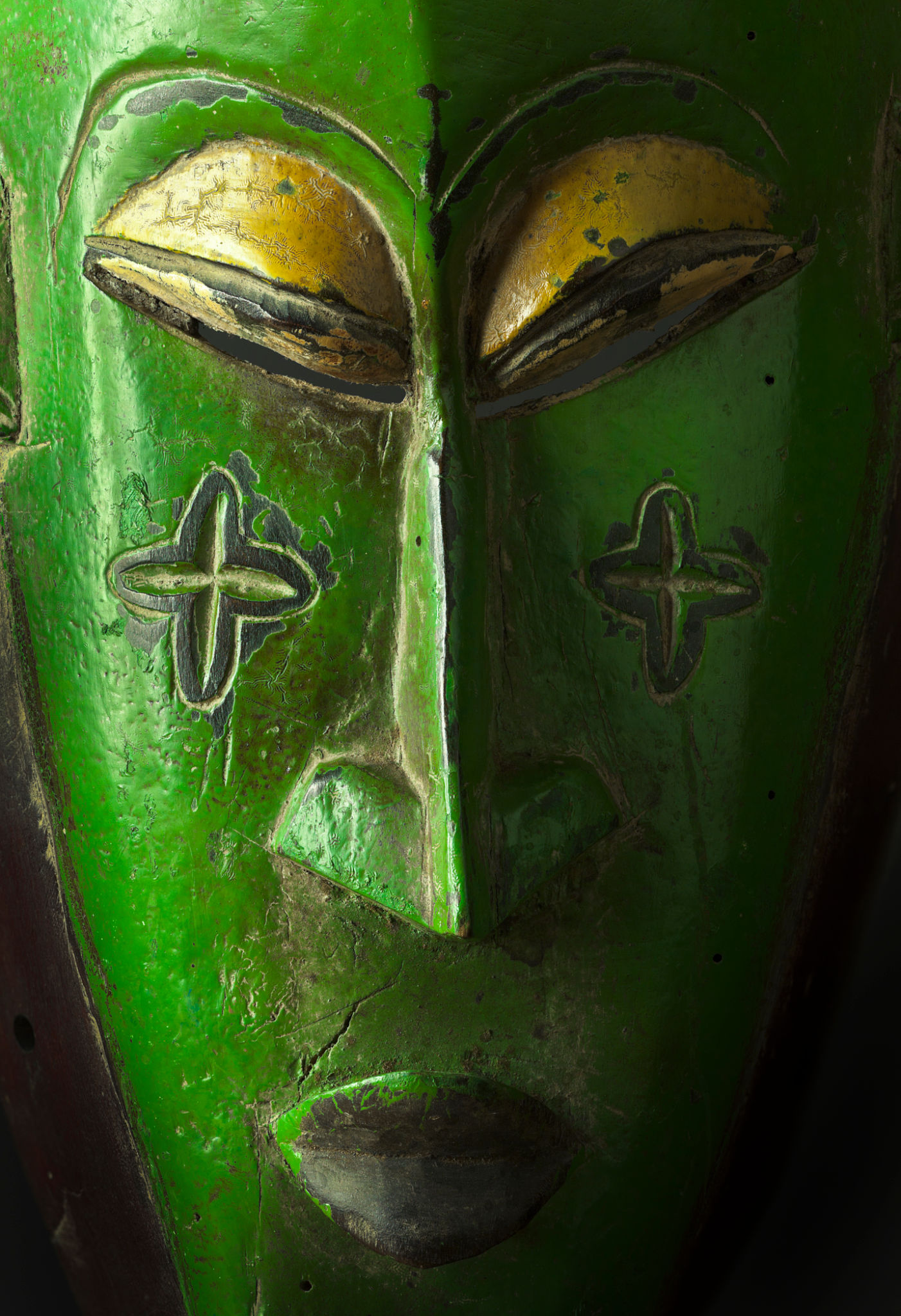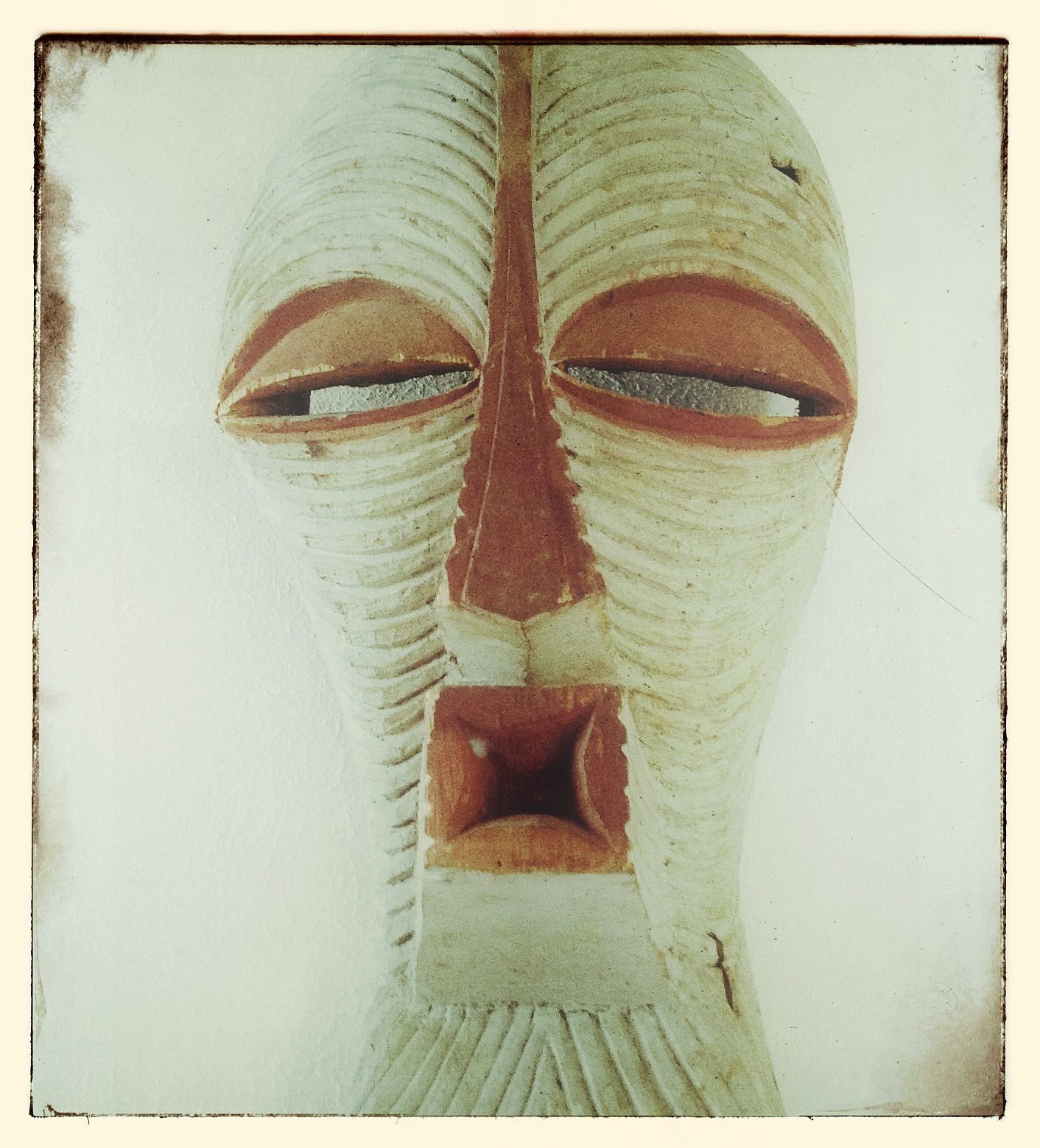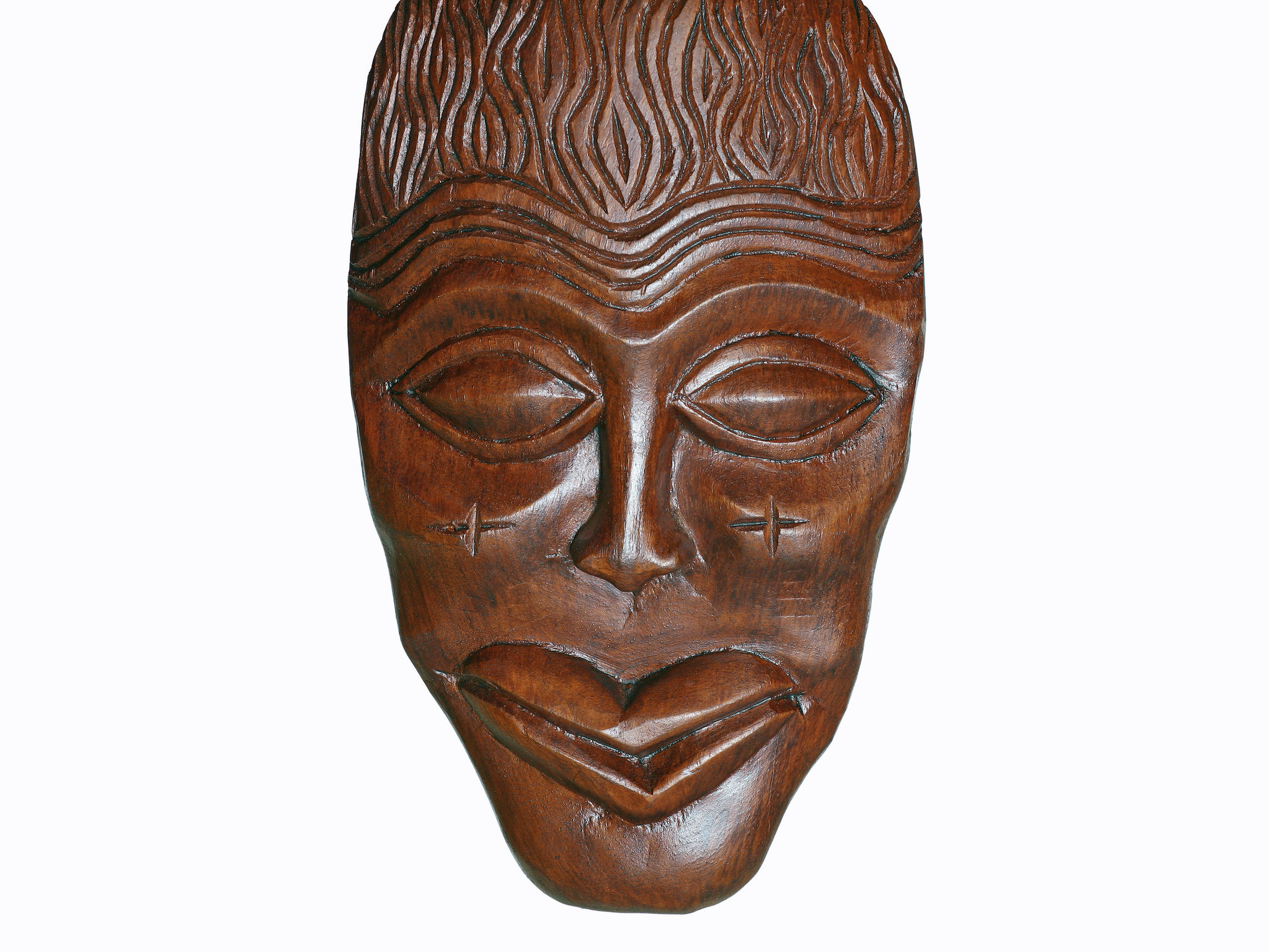How to Choose the Perfect African Mask for Your Home Décor
Understanding the Cultural Significance of African Masks
Before choosing an African mask for your home décor, it's crucial to understand their cultural significance. African masks are not just decorative items; they are steeped in history, tradition, and artistry. Originating from various tribes across the continent, these masks have been used in ceremonies, rituals, and celebrations for centuries. Each mask tells a story, representing ancestral spirits, deities, or historical events.

Identifying Your Style and Purpose
When selecting an African mask, consider the style and purpose it should serve in your home. Do you want the mask to be a focal point in your living room, or are you looking for a subtle accent piece for a hallway? Identifying your style preference—whether it be bold and colorful or simple and monochromatic—will help you narrow down your choices.
Modern or Traditional?
African masks come in a variety of styles ranging from modern interpretations to traditional designs. If your home décor is sleek and contemporary, a modern mask with clean lines and minimal embellishments might be ideal. Conversely, if your space is more eclectic or earthy, a traditional mask with intricate carvings and vibrant colors could be a better fit.

Choosing the Right Size
The size of the African mask is another important consideration. A large mask can make a bold statement and serve as the centerpiece of a room, while smaller masks can be grouped together to create an intriguing gallery wall. Think about the space you have available and how the mask will interact with other elements in the room.
Placement Tips
Consider where you plan to place your mask. Vertical walls are perfect for elongated masks, while wider spaces might benefit from broader designs. It's also important to consider the height at which the mask will be displayed; eye level is often ideal for appreciation of its details.

Exploring Material and Craftsmanship
African masks are crafted from a variety of materials including wood, bronze, fabric, and beads. Each material offers a different aesthetic and feel. Wooden masks are traditional and exude a natural warmth, while masks with metallic elements can add an industrial edge to your décor. The craftsmanship involved in creating these masks is exceptional, with many artisans spending weeks or even months on a single piece.
Authenticity Matters
When purchasing an African mask, ensure its authenticity. Look for pieces created by skilled artisans who preserve traditional methods. Authentic masks often come with certificates of authenticity or information about the artist and region of origin. This not only supports local artists but also ensures you're getting a piece with genuine cultural heritage.

